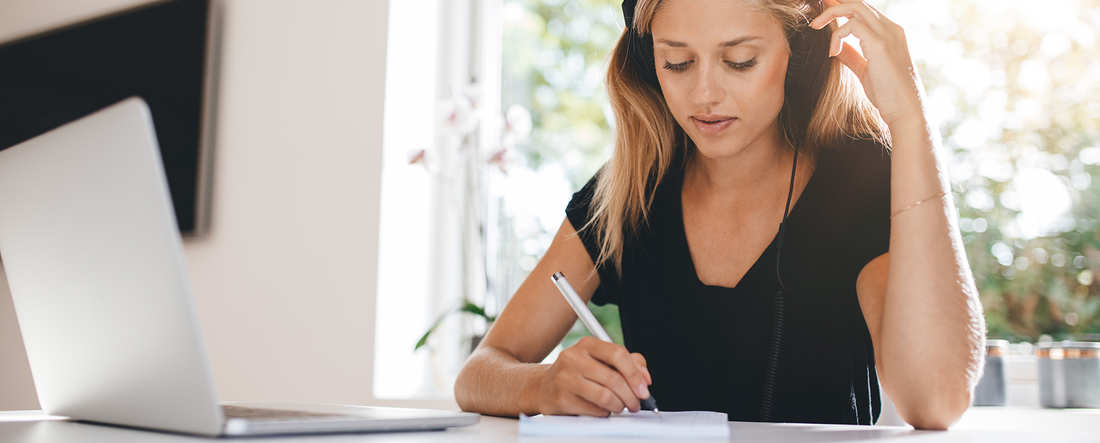Everyone approaches studying differently. Of course, everyone approaches things differently partly because everyone is different. The truth, however, is that certain general advice can help everyone improve their study habits. No matter how you study, implementing the study tips we outline here today will do nothing but improve your studies. For some, these tips might be a wake-up call. If you have severe structural problems, or bad habits that plague your studies, these tips might be just what you need. Or, if you just feel like you have plateaued and can't seem to study any better, you also have come to the right place.
Study Tips to Live by

1. Don't Cram
It would be quite surprising if you hadn't heard this by now, but cramming doesn't work. Everyone tends to try it. While some studying is better than no studying, cramming, compared to other more gradual techniques, has proven to simply not work well at all. We tend to feel like cramming works better for us, even though it does not. There's actually nothing wrong with some intensive review just before a test, so long as it's not the only study you do. Working methodically for several weeks is the approach science recommends. Planning to study regularly is much more difficult to swallow, and for those of us who feel like cramming works, we have to ask, "Why would I?" It all depends on what you're trying to get out of it. If your answer is "A B+," then cramming might work, but also has a good chance of failing you even there. If the answer is "Useful, long lasting knowledge," then cramming will not bring about your desired result. Whatever you prefer to get from a class, don't put it off to the last minute.
2. Take Breaks Hourly
Your brain, like your body, needs a break to recover. When you workout, you don't slam one muscle group nonstop for 2 hours. While it's true that workouts typically do focus on one muscle group, switching up from curls to push-ups to pull-ups and so on helps each muscle emphasized in each workout relax. Furthermore, between sets you always need to take a break. If you don't do this, you'll overwork your muscles, and rather than building, you'll be destroying progress. The same principle applies to studying. If you don't let your brain rest, the new knowledge you attempt to build likely won't stick. Letting your brain rest is important. Related to this, if you're using a screen, taking regular breaks will help you avoid eye strain and headaches.

3. Stay Hydrated and Nourished
Food and water are your body's fuel. Like a car with low gas, a body with no food and water runs sluggishly, and then not at all. Keeping yourself fueled while studying is essential to productivity. Try snacking as you go (don't get distracted!) or during your hourly breaks. Try rewarding yourself with some productive study with a little snack break with a treat you've been saving.
4. Don't Get Stuck
If you're on a concept that you can't quite grasp, if you try for more than 10 minutes, don't keep going. Take a break, work on something else, and come back to it. Pounding your head against the wall trying to get something is not a productive way to grasp new concepts. Don't be hard on yourself, let yourself have some time to process, reset, and try again. If the entire subject of your study tends to be difficult, go slow, take it one step at a time. Be thorough, and don't rush. When studying hard things, you have to remember that you'll get it, you just need to be patient.

5. Get Enough Sleep
A sleep-deprived brain is literally dysfunctional. This means not that it does not work, but that it might more readily make serious mistakes. Studying through the night does more harm than good. This goes along with cramming. Staying up all night before a test might help you read more information, but it probably will harm you on the test more than it helps you study. Without sleep your body goes into survival mode, and that is not the ideal situation for studying or testing.
Improving study can be tough, but sometimes it's as simple and improving your health and life generally. Find out more about how to sleep better and see the benefits of a healthier sleep cycle.





 UK site
UK site EU site
EU site US site
US site Canada site
Canada site